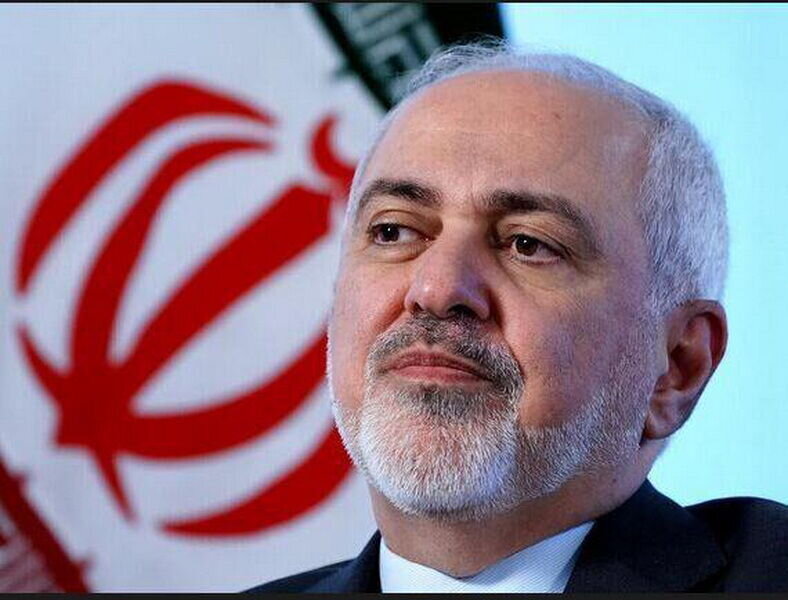INSTEX may be implemented in future: Zarif

TEHRAN – Iranian Foreign Minister Mohammad Javad Zarif said on Monday that the Instrument in Support of Trade Exchanges (INSTEX) may be implemented in future.
Upon arrival in Istanbul, Turkey, he said that a decision by six new European countries to join INSTEX is a “positive action”.
Belgium, Denmark, Finland, the Netherlands, Norway, and Sweden issued a joint statement on November 29 announcing becoming shareholders of INSTEX.
INSTEX barter mechanism, introduced on January 31, is designed to circumvent U.S. sanctions against trade with Iran by avoiding use of the dollar.
INSTEX was introduced long after the U.S. imposed sanctions on Iran and threatened to punish any country or company that does business with Iran.
France, Germany and the United Kingdom issued a statement on November 30 welcoming the decision by the six countries.
“As founding shareholders of the Instrument in Support of Trade Exchanges (INSTEX), France, Germany and the United Kingdom warmly welcome the decision taken by the governments of Belgium, Denmark, Finland, the Netherlands, Norway and Sweden, to join INSTEX as shareholders,” read their statement.
It added, “This step further strengthens INSTEX and demonstrates European efforts to facilitate legitimate trade between Europe and Iran and is a clear expression of our continuing commitment to the Joint Comprehensive Plan of Action (JCPOA).”
The statement also noted that full and effective implementation of the JCPOA is of utmost importance.
Chinese Foreign Ministry spokesperson Hua Chunying said on December 3 that China highly commends efforts to implement the INSTEX.
‘Iran not satisfied with Europeans’ commitments to JCPOA’
Zarif also said that Iran is not satisfied with Europeans’ commitments to the JCPOA, adding Tehran announced its dissatisfaction at the meeting of the JCPOA Joint Commission held in Vienna on Friday.
The necessity to implement obligations under the JCPOA by all of signatories were discussed in the meeting, Zarif said.
Josep Borrell, the new EU foreign policy chief, said on Saturday that “collective responsibility” is needed to stop the JCPOA from breaking apart.
“We have a collective responsibility to preserve #IranDeal,” he tweeted on Saturday.
Borrell added, “Following the Joint Commission, as a coordinator, I support the call for full implementation & to reverse the recent negative trend.”
NA/PA
